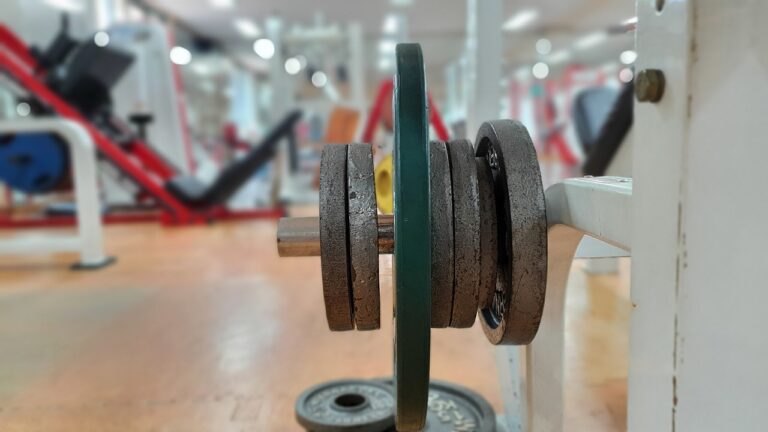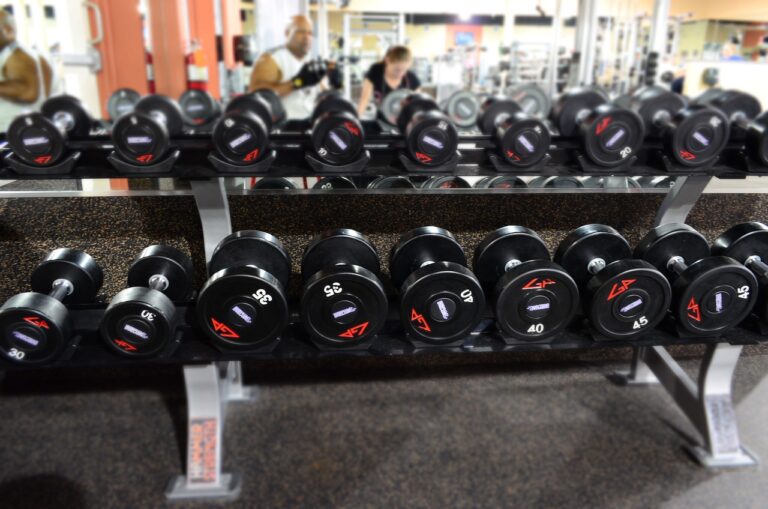Home Health Care for Vital Signs Monitoring: Cricbet.99, Sky1exchange, Cricbet99 reddy anna
cricbet.99, sky1exchange, cricbet99 reddy anna: As we age or face certain health challenges, monitoring our vital signs becomes increasingly important for our overall well-being. Traditionally, vital signs monitoring has been done in clinical settings like hospitals or doctor’s offices. However, advancements in technology have made it possible to monitor vital signs at home, providing convenience and peace of mind for patients and their families.
Benefits of Home Health Care for Vital Signs Monitoring
1. Convenience: One of the key benefits of home health care for vital signs monitoring is the convenience it offers. Patients can monitor their vital signs from the comfort of their own homes, eliminating the need for frequent trips to the doctor’s office or hospital.
2. Peace of Mind: For patients with chronic conditions or those recovering from an illness, the ability to monitor vital signs at home can provide peace of mind. It allows patients to track their progress and detect any potential issues early on.
3. Personalized Care: Home health care for vital signs monitoring enables patients to receive personalized care tailored to their specific needs. This personalized approach can lead to better health outcomes and improved overall well-being.
4. Cost-Effective: Monitoring vital signs at home can be more cost-effective than frequent visits to healthcare facilities. It can help reduce healthcare costs and prevent unnecessary hospital readmissions.
5. Improved Quality of Life: By monitoring vital signs at home, patients can take an active role in managing their health. This empowerment can lead to improved quality of life and a sense of control over their well-being.
6. Timely Interventions: Home health care for vital signs monitoring allows for timely interventions in case of any abnormalities or changes in vital signs. This proactive approach can help prevent complications and improve health outcomes.
How to Monitor Vital Signs at Home
1. Blood Pressure: Use a digital blood pressure monitor to measure your blood pressure regularly. Follow the instructions provided with the monitor and keep a log of your readings.
2. Heart Rate: Use a wearable fitness tracker or a simple pulse oximeter to monitor your heart rate. Pay attention to any significant changes or irregularities.
3. Temperature: Keep a digital thermometer at home to monitor your temperature regularly, especially if you’re feeling unwell.
4. Oxygen Saturation: Use a pulse oximeter to monitor your oxygen saturation levels. This is particularly important for patients with respiratory conditions.
5. Weight: Keep a digital scale at home to monitor your weight regularly. Sudden changes in weight can be a sign of underlying health issues.
6. Blood Sugar: For patients with diabetes, it’s essential to monitor blood sugar levels regularly using a glucometer. Follow your healthcare provider’s recommendations for monitoring and managing blood sugar levels.
FAQs
Q: Is it necessary to monitor vital signs at home?
A: Monitoring vital signs at home can be beneficial for patients with chronic conditions or those recovering from an illness. It allows for early detection of any issues and proactive management of health.
Q: What should I do if I notice abnormal vital signs?
A: If you notice any abnormal vital signs, contact your healthcare provider immediately. They can provide guidance on the next steps to take.
Q: How often should I monitor my vital signs at home?
A: The frequency of monitoring vital signs at home will depend on your health condition and healthcare provider’s recommendations. Some patients may need to monitor daily, while others may do so less frequently.
Q: Are there any risks to monitoring vital signs at home?
A: While monitoring vital signs at home can be beneficial, it’s essential to follow proper instructions and guidelines. If you have any concerns or questions, consult your healthcare provider.
In conclusion, home health care for vital signs monitoring offers numerous benefits, including convenience, peace of mind, and personalized care. By monitoring vital signs at home, patients can take an active role in managing their health and improving their quality of life. If you’re considering monitoring vital signs at home, consult your healthcare provider for guidance on the best approach for your specific needs.







